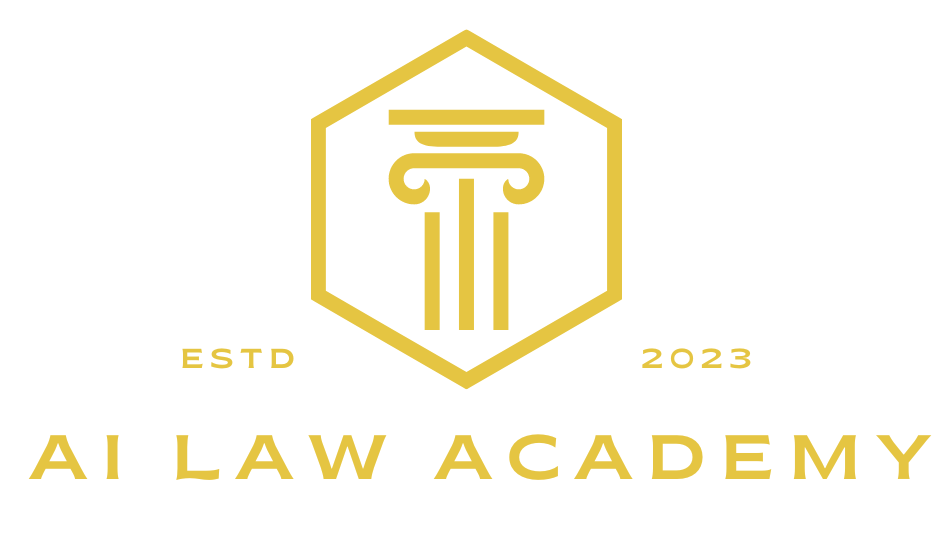
Navigating the AI Wave: A New Era for Legal Professionals
As artificial intelligence (AI) continues to permeate various industries, the legal profession is no exception. Legal professionals are increasingly adopting AI-driven tools and technologies to streamline operations, enhance productivity, and provide better client services. In this blog post, we'll explore the potential applications of AI in the legal industry and discuss how attorneys, paralegals, and other legal professionals can harness this technology to revolutionize their practice.
The Rise of AI in the Legal Sector:
AI has made significant strides in recent years, with machine learning algorithms and natural language processing capabilities that can analyze large amounts of data quickly and accurately. This has opened up a world of possibilities for the legal industry, with applications ranging from document review and legal research to contract analysis and prediction of case outcomes.
Key AI Applications for Legal Professionals:
1.Document Review and Management:
One of the most time-consuming tasks for legal professionals is document review. AI-powered tools can analyze and categorize vast amounts of documents in a fraction of the time it would take a human, saving both time and resources. These tools can identify relevant information, flag potential issues, and even suggest edits to improve clarity and compliance.
2. Legal Research:
AI-driven platforms can streamline legal research by quickly searching through extensive databases of case law, statutes, and regulations. These platforms can identify relevant precedents and provide insights into legal arguments that may be applicable to a particular case, enabling legal professionals to build stronger cases in less time.
3. Contract Analysis:
AI can help legal professionals analyze contracts more efficiently and accurately. AI-powered contract analysis tools can review and extract key information from contracts, identify potential risks, and suggest changes to minimize exposure. These tools can also help with contract drafting by providing suggestions based on established legal standards and best practices.
4. Litigation Prediction:
Predictive analytics, a subset of AI, can assist legal professionals in estimating the likelihood of success in a particular case. By analyzing historical data and identifying patterns, AI can provide insights into how similar cases have fared in the past, helping lawyers make more informed decisions about whether to pursue litigation or settle.
5. Chatbots and Client Communication:
AI-driven chatbots can enhance client communication by providing instant answers to frequently asked questions, gathering essential information, and even scheduling appointments. These chatbots can significantly reduce response times, improve client satisfaction, and allow legal professionals to focus on more complex tasks.
Preparing for the AI Revolution:
As AI continues to transform the legal landscape, it's crucial for legal professionals to stay informed and adapt to these new technologies. By embracing AI-driven tools and applications, attorneys and paralegals can improve their efficiency, deliver better client services, and ultimately, stay ahead in a rapidly evolving industry.
Conclusion:
AI has the potential to revolutionize the legal profession, offering a wealth of opportunities for legal professionals to work smarter and more efficiently. By understanding and harnessing the power of AI, attorneys and paralegals can position themselves at the forefront of this transformation, ensuring their practice remains competitive and future-ready.
Copyright © 2023
30% OFF!
Huge offer is waiting for you!
Click the button to make this offer yours! Limited-time only!

